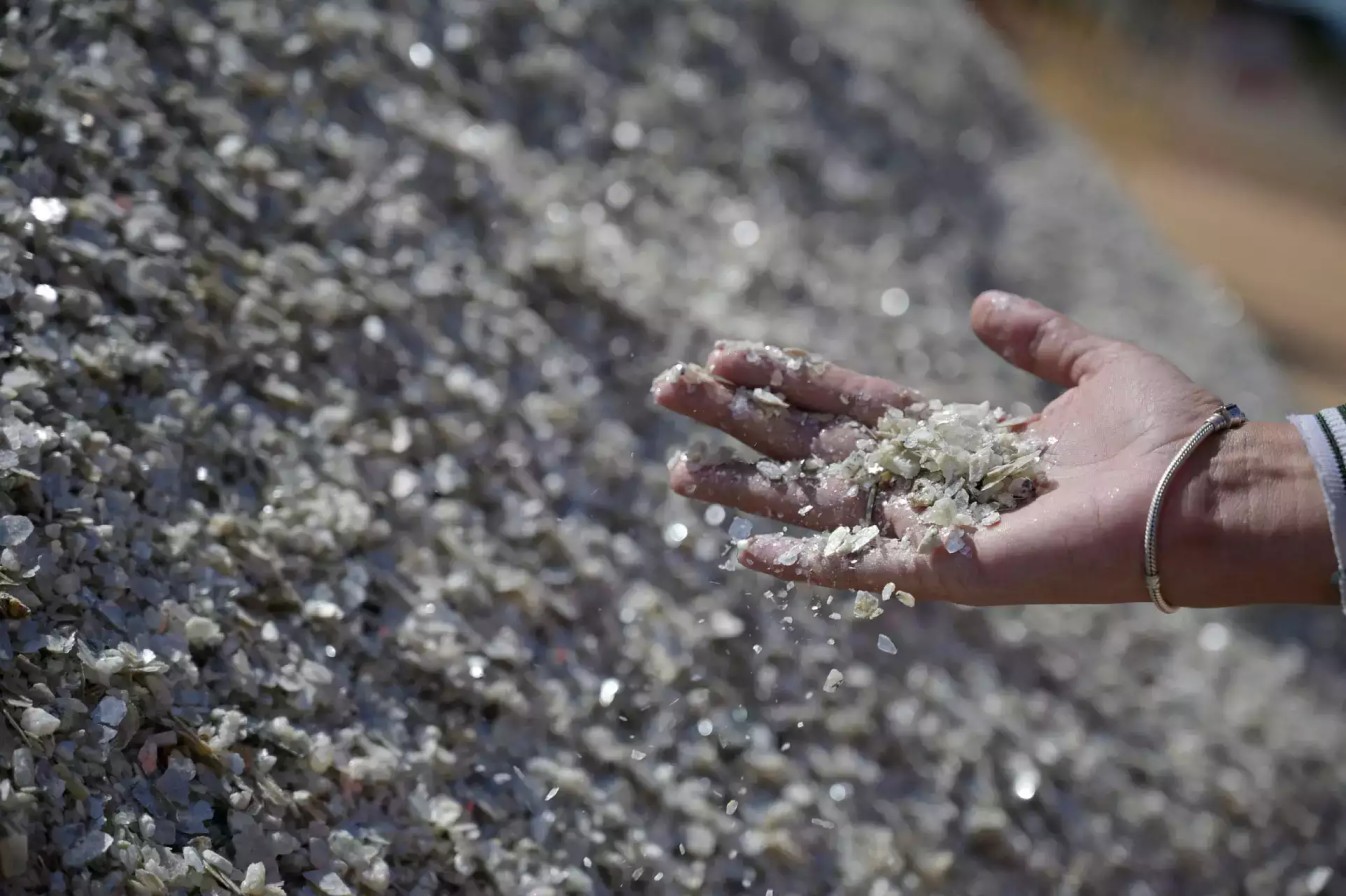India–US Trade Tensions Rise Over Steel and Auto Tariffs NMDC Limited reports a 38% drop in Q4 FY24 consolidated net profit RINL to Raise $23 Million Through Land Sales Amid Crisis

Icra mentioned that because the mines have not been thoroughly investigated, acquires from the 38 critical mineral blocks that have been placed up for sale are unlikely to occur in the present decade, which ends in 2030.
"The preliminary stage of exploration for most of the domestic blocks that are currently being auctioned suggests that their commercialisation and associated benefits are unlikely to fully accrue in the current decade ending 2030. Therefore, India's downstream manufacturing facilities are likely to remain exposed to potential future supply shocks of critical minerals in the intervening years," Icra mentioned in a statement.
The government is auctioning two lithium blocks in the ongoing auctions. The one in Jammu & Kashmir has clay deposits. While the technology for extracting lithium from hard rock and brine deposits has matured, the same for extracting lithium from clay deposits remains untested globally.
Given these challenges, the J&K lithium block received less than three bids, resulting in a re-auction of the block, Girishkumar Kadam, Senior Vice-President & Group Head, Corporate Sector Ratings, Icra said. On the other hand, the lithium block being auctioned in Katghora, Chhattisgarh is a hard rock deposit. The ore here belongs to a broader class of lithium-bearing minerals named lepidolite. China is a large producer of lithium from lepidolite ores.
Therefore, competition to acquire the Katghora mine is likely to be much higher compared to the J&K block. However, given the inferior grade of explored domestic ores, advancement in mineral beneficiation/ processing technology remains critical for commercialisation of domestic critical mineral resources, Kadam added.
Also Read : Rerolling mills forced to import scrap for TMT bars India's plan for raw material curbs ignores Red Sea crisis: Arcelor-Nippon